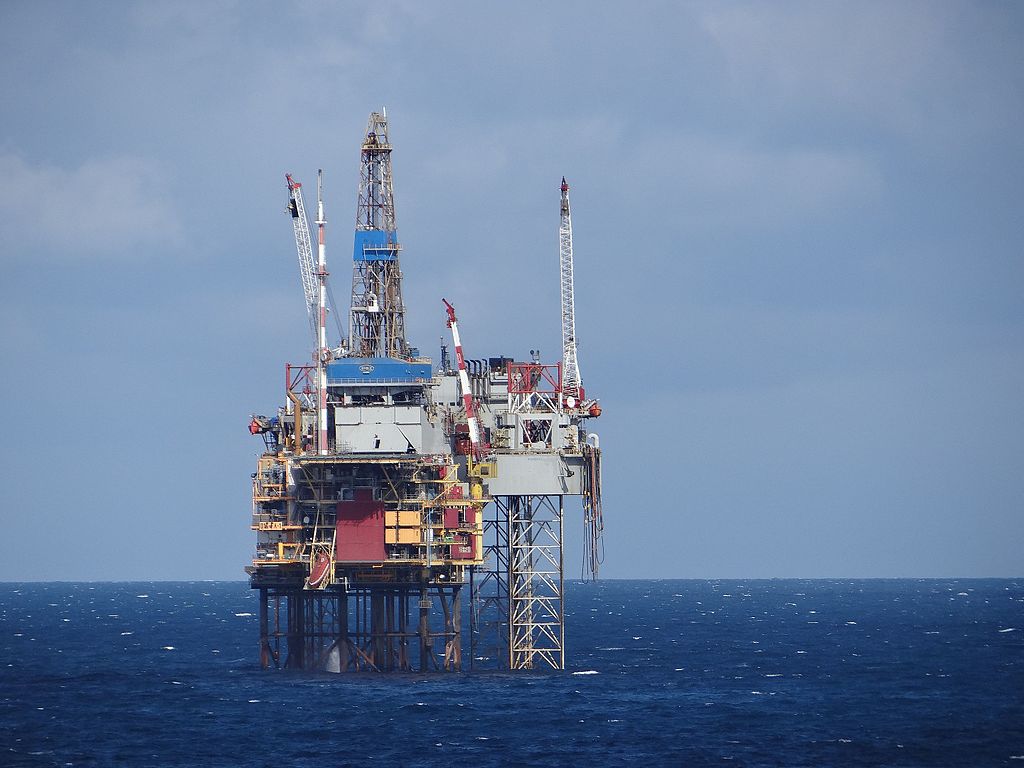The UK government is consulting on how best to ensure the North Sea is centred on the clean energy transition.
The consultation, launched yesterday (5 March), sets out the next steps in the government’s objective of making the North Sea a ‘world leading example’ of an offshore clean energy industry.
It explores how to harness the existing infrastructure in the North Sea, expertise in the area, and its natural assets to deploy new technologies including hydrogen, carbon capture, utilisation and storage (CCUS) and renewable generation, to create skills jobs and meet climate ambitions.
The government has committed to ending new licenses to explore new fields, including all new seaward exploration and production licences to search for and extract new oil and gas resources in the UK. It is seeking input on how to manage this so that the already-established industry can benefit from the transition, which will create “tens of thousands” of new jobs, the government says.
How to manage existing fields, which the government says will continue to make an ‘important contribution’ during the energy transition, is also a topic of the consultation.
Energy secretary Ed Miliband commented: “Oil and gas production will continue to play an important role and, as the world embraces the drive to clean energy, the North Sea can power our Plan for Change and clean energy future in the decades ahead.
“This consultation is about a dialogue with North Sea communities – businesses, trade unions, workers, environmental groups and communities – to develop a plan that enables us to take advantage of the tremendous opportunities of the years ahead.”
North Sea transition to create thousands of new jobs
The offshore renewables workforce, including offshore wind, CCUS and hydrogen, could increase to between 70,000 and 138,000 in 2030. The government also expects the carbon capture industry to add about £5 billion per year of gross value to the UK economy by 2050.
New proposals could also see changes to the role of the North Sea Transition Authority, which regulates the UK oil and gas, offshore hydrogen, and carbon storage industries. The authority predicts an 89% drop in UK oil and gas production by 2050, and the changes being consulted on include ensuring it has the regulatory framework it needs to support an ‘orderly and prosperous’ transition to clean energy.
Exchequer secretary to the Treasury, James Murray, said: “We are committed to working together with the sector on the future of the North Sea by providing the stability they need to keep investing and supporting jobs across the country while ensuring they make a fair contribution at times of unusually high prices.”
The Energy & Climate Intelligence Unit (ECIU) has consistently reported that the decline of the North Sea oil and gas is inevitable, clean energy transition or not. Commenting on the consultation, Jess Ralston, ECIU head of energy, said: “Calls for new oil and gas exploration licences in the North Sea to bolster energy security are barking up the wrong tree. The oil and gas extracted from North Sea fields is owned by the companies that get it out of the ground, and sold to the highest bidder on international markets, meaning new drilling won’t bring domestic prices down.”
The consultation opened as the government announced an investment of £55.7 million to expand the Port of Cromarty Firth in Scotland to make it the first port in the UK able to make floating wind turbines at scale.






